Carbon Farming in brief
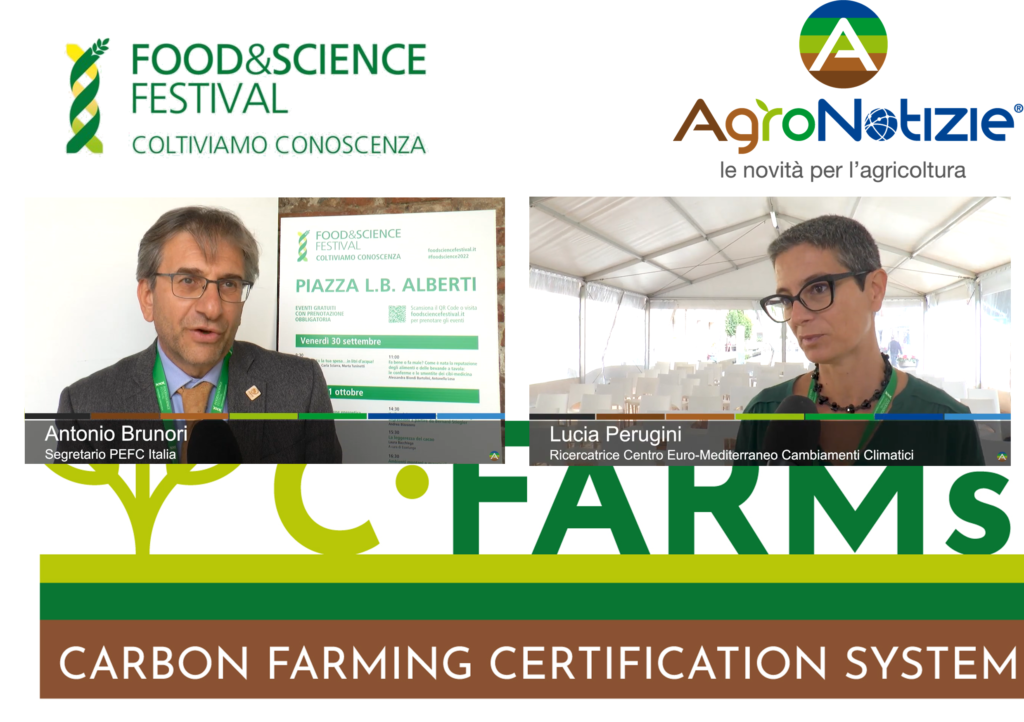
Two video interviews, made at the Mantua Food&Science Festival, to two LIIFE C-FARMs project partners available on the YouTube channel. Lucia Perugini and Antonio Brunori, respectively Senior scientific manager in CMCC (Euro-Mediterranean Center on Climate Change foundation) and Secretary General of PEFC Italy, in the roles of C-FARMs partners have spoken to the microphones of […]
Evaluation of the application potential of IT tools and development of a prototype demonstrator web application for the management of “Carbon Farming”
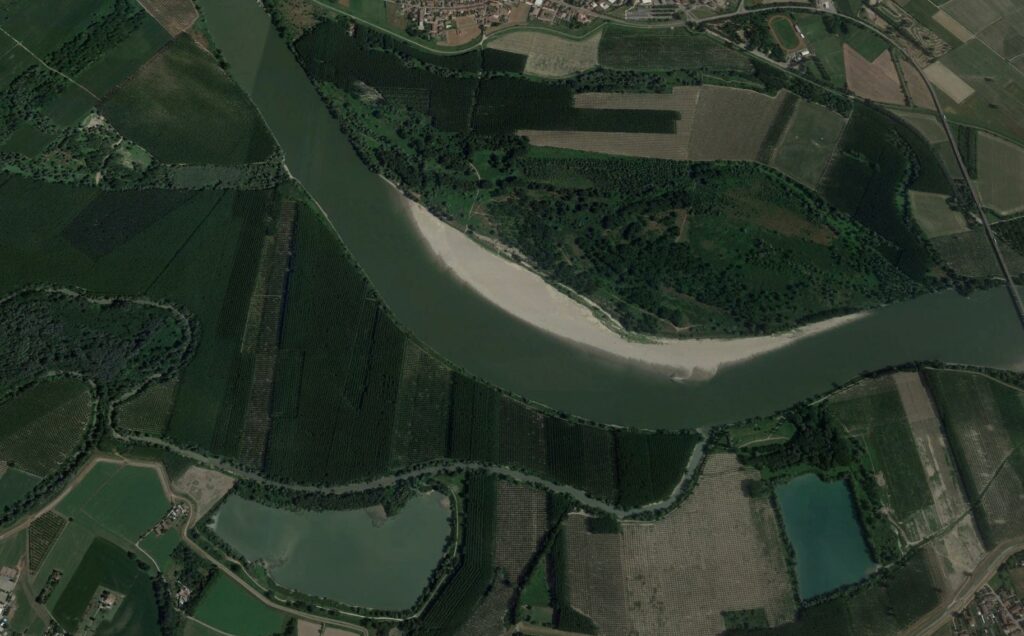
This Action coordinated by Terrasystem with the support of FederlegnoArredo, Confagricoltura e Università degli Studi della Tuscia di Viterbo, has the main objective to design and develop an IT Web tool useful to produce scenarios related to carbon farming practices. This tool has the goal of supporting decision making by public authorities at the regional […]
The first deliverables of the C-FARMs project have been published
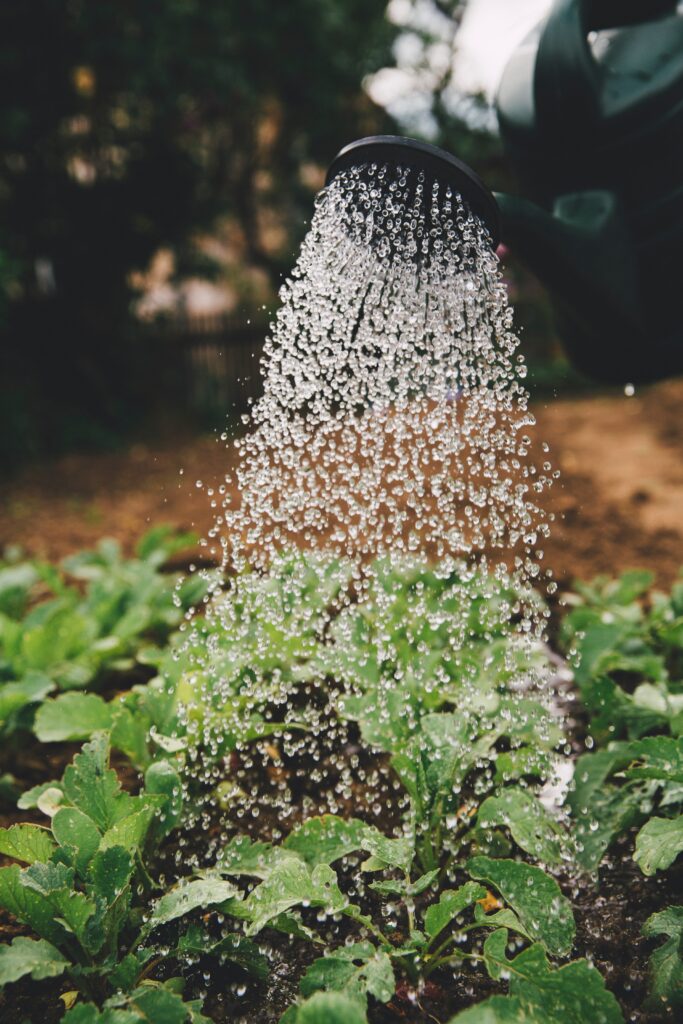
The LIFE C-FARMs project, now in full of its activites 12 months after the Kick Off Meeting of December 2021, has produced the first deliverables expected by the project. The project partners are working according to the deadlines indicated in the project, the first actions in chronological order are concluded, and with them the first […]
GIS-FARM: the innovative tool for data management developed by C-FARMs project
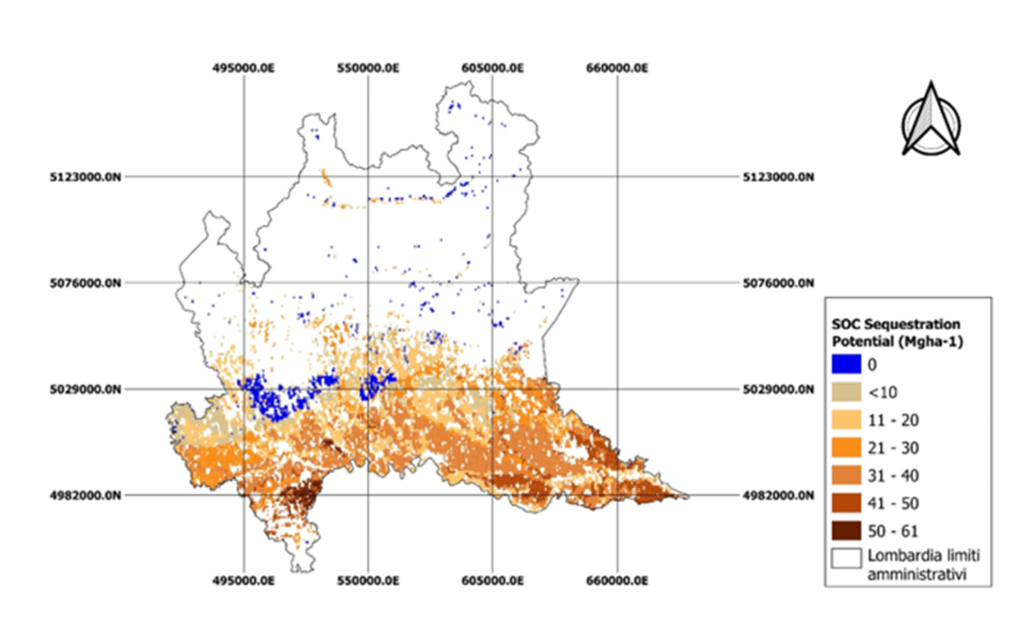
The main objective of action coordinated by Unitus, was to integrate information from different data sources collected under other projectual actions regarding statistical information at farm level, geospatial data sets on land cover, statistical information on the impacts of carbon farming practices, in a GIS-based infrastructure (GIS-FARM). This methodology focuses on defined areas within the […]
Can poplar farming in Italy contribute to carbon farming practices? Answers from LIFE C-FARMs

In order to face the lack of existing data on the distribution of poplar plantations (currently available until 2017), an update of the mapping to 2021 has been planned and implemented for the Lombardy Region. The action also involved an analysis of the capacity of poplar plantations to mitigate climate change, both in relation to the soils and the contribution made by Harvested Wood Products (HWP), of which post-harvest processes were also considered.
C-FARMs at the Mantova Food & Science Festival

During the event that aims to bring together agriculture and culture, science and pleasure, the meeting “What are we talking about when we talk about carbon farming” was held. Lucia Perugini (CMCC) and Antonio Brunori (PEFC Italy) among the participants.
Carbon-farming practices against climate change: responses from LIFE C-FARMs
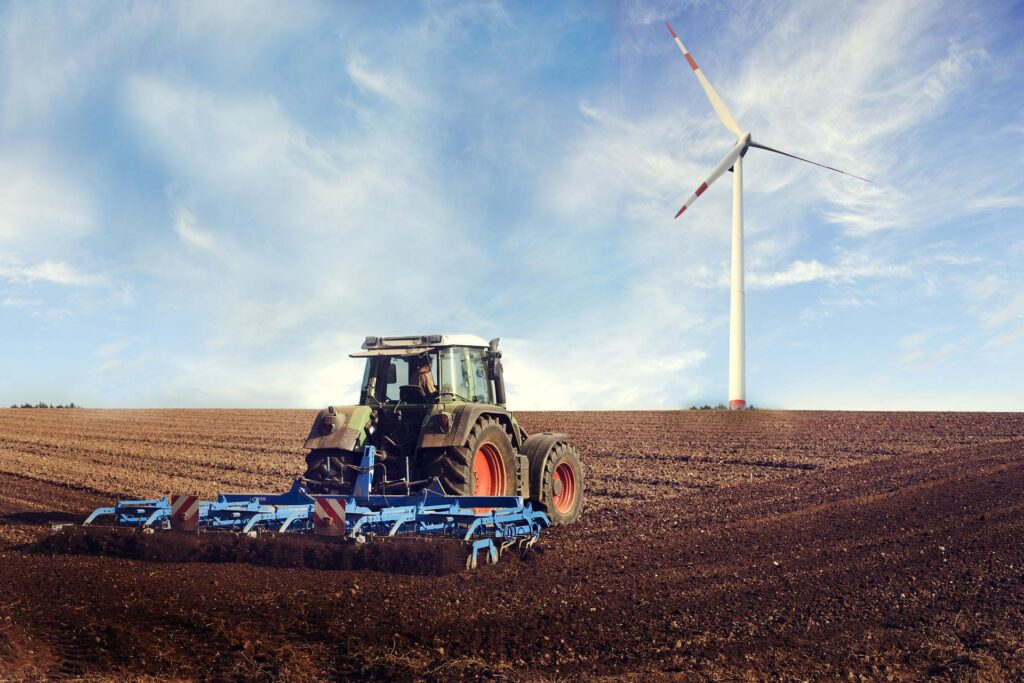
The main objective of action coordinated by CMCC (Centro Euro-Mediterraneo sui Cambiamenti Climatic fondation) in LIFE C-FARMs project context is to identify the potential for carbon sequestration by implemented or potentially implementable carbon-farming practices in Lombardy region agricultural and pedo-climatic context.
Carbon farming in the farms analyzed by C-FARMs: statistical and economic data
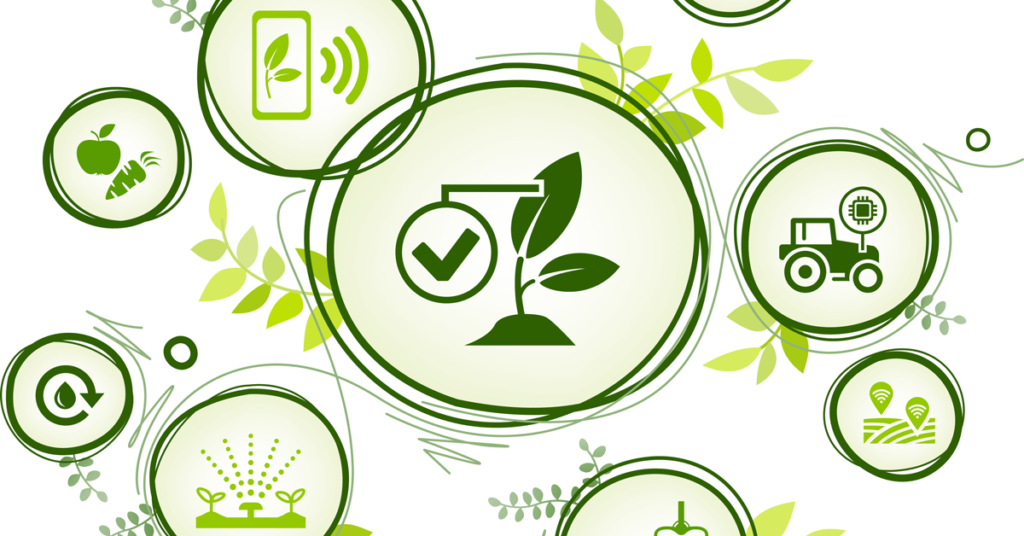
The objective of the work carried out by CREA was mainly to identify a set of statistical and geospatial data on which to characterize the carbon farming practices applied by farms and the relative mitigation potential of climate change in Lombardy, the region studied by the LIFE C-FARMs project.
Carbon Farming in the World: August news from around the world selected for you by C-FARMs project
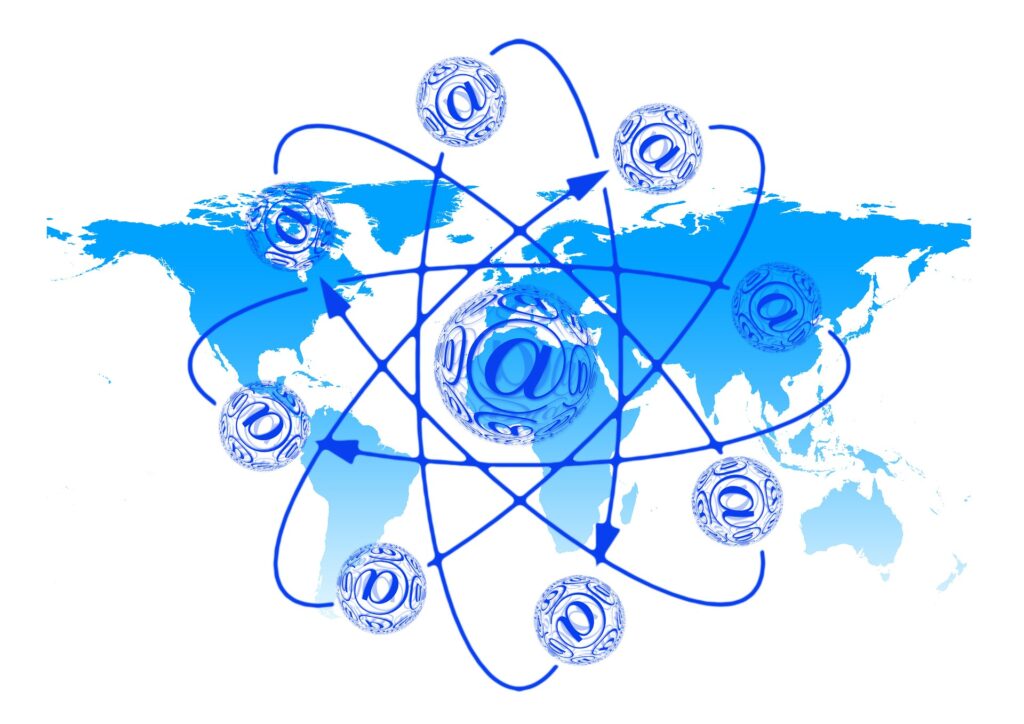
The LIFE C-FARMs project has selected these news, coming from all over the world, which explain several examples of good climate practices, the sustainable line of agriculture drawn in some countries and the role of carbon farming practices. From the prestigious New York Times an article on how, in New Zealand, some farms are making […]
Regulatory framework and Carbon certification system
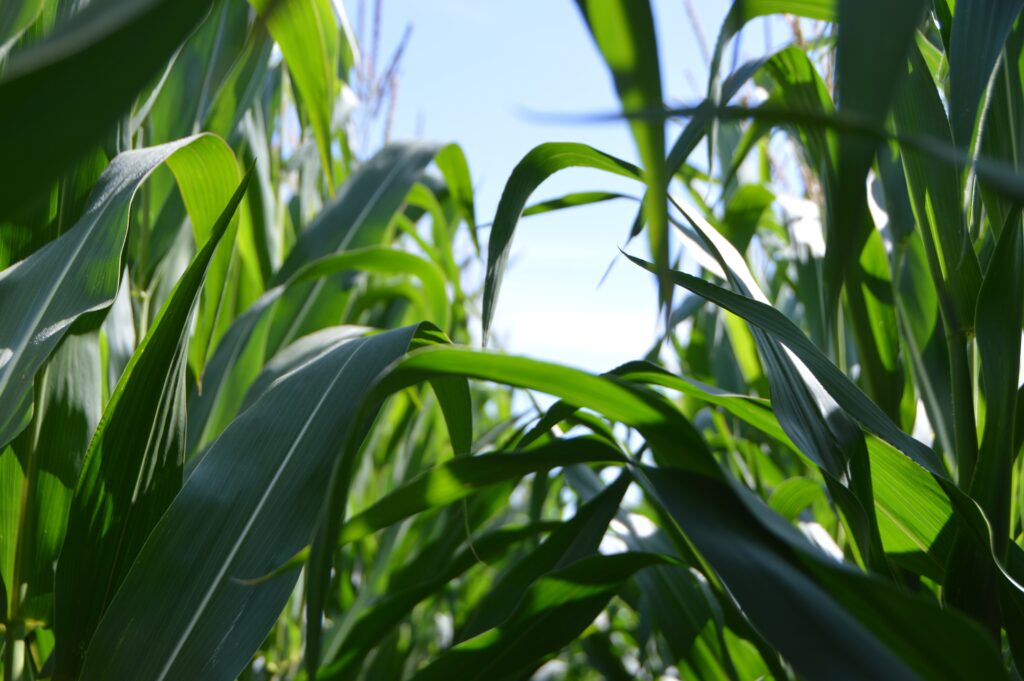
This August 2022, thanks to coordination of PEFC Italy the A5 action of LIFE C-FARMs project has started collecting results from A1, A2 and A3 actions to create a Carbon farming certification scheme. The final goal is a model of voluntary application that will generate additional rewards and supplementary contributions to the farmers, thanks to an incentive payment interface set at national level.